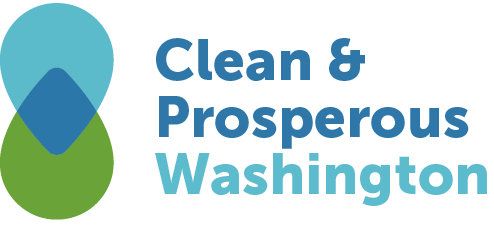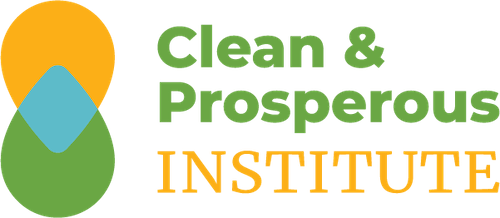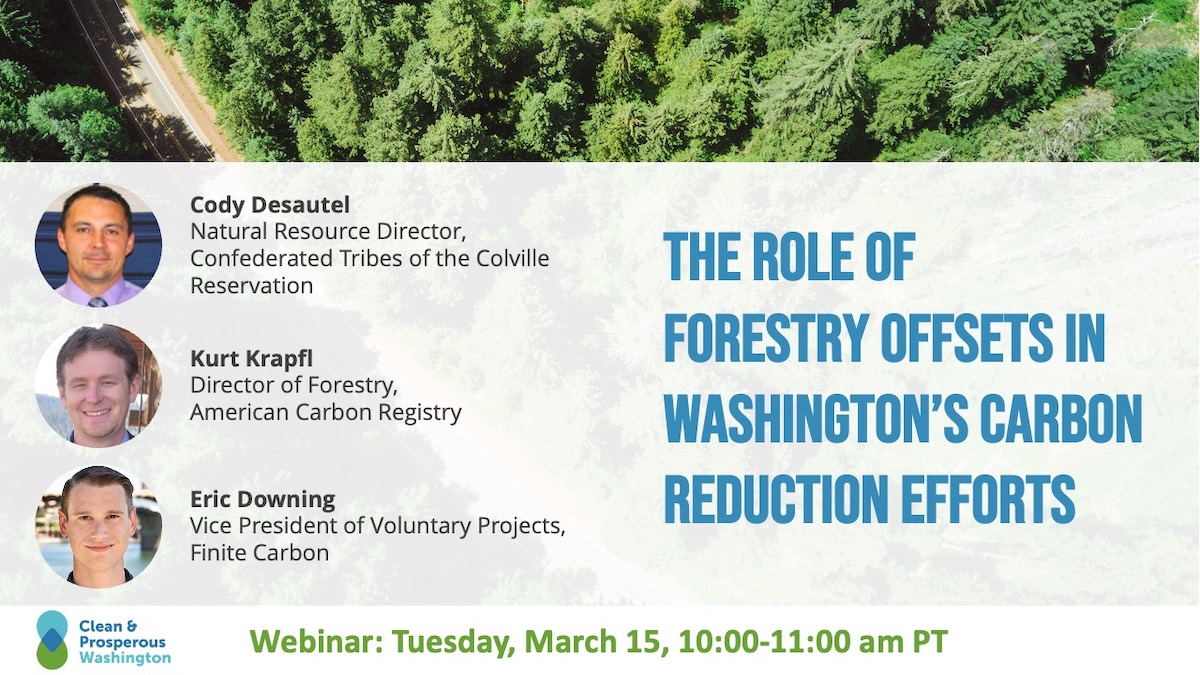The carbon-reducing power of PNW forests
Pacific Northwest forests accumulate the equivalent of one-quarter of Oregon and Washington’s combined fossil fuel emissions every year. Could revised management techniques could help Cascadia’s forests sequester even more?
To reach net-zero emissions by 2050, we believe Washington should take nature-based solutions into account, like carbon sinks, in addition to other greenhouse gas reduction strategies. The Confederated Tribes of the Colville Reservation have been leaders in using climate policies to enhance their forests in northeast Washington.
Under the Climate Commitment Act, covered entities can meet up to 5% of their obligations with offsets through 2026, and 4% from 2027 to 2030. An additional 3% of a facility’s compliance obligation through 2026 can be met through offset projects on Tribal lands, decreasing to 2% from 2027 to 2030. Unlike previous offset programs elsewhere, the use of these offsets is “under the cap” rather than in addition to the cap, so that offsets should only add to the overall program impact.
Join us for an instructive webinar to understand how sequestering carbon in Washington’s forests can be part of our state’s climate solution.
Panelists include:
- – Cody Desautel, Natural Resource Director for the Confederated Tribes of the Colville Reservation
- – Kurt Krapfl, Director of Forestry, the American Carbon Registry
- – Eric Downing, Vice President of Voluntary Projects, Finite Carbon

Clean & Prosperous Washington is a project of the Washington Business Alliance.
Contact us at [email protected]


